Do you have a problem with ants in your home? If so, you may be wondering if there is anything that you can do to get rid of them. In this blog post, we will investigate whether or not Cream of Wheat kills ants. Keep reading to learn more!
Does Cream of Wheat Kill Ants?
Yes, I’ve had great success using Cream of Wheat to kill ants! I simply mix up a small batch of the cereal with some water and sugar, and then I set it out where I’ve seen the ants. The ants are attracted to the sweet mixture and they eat it, but the Cream of Wheat quickly expands in their stomachs and kills them.
It’s important to note that while this method does work, it is not a guaranteed solution to your ant problem. If you have a severe infestation, you may need to call in a professional exterminator. However, if you only have a few ants here and there, Cream of Wheat should do the trick!
What If Cream of Wheat Doesn’t Work?
If you’ve tried using Cream of Wheat to kill ants and it hasn’t worked, there are a few other things that you can try. Let’s look at my top three methods:
Method 1 – Boric Acid
Boric acid is a common household item that can be used to kill ants. Simply mix some boric acid with sugar or honey, and then sprinkle it where you’ve seen ants. The ants will be attracted to the sweet mixture and the boric acid will kill them.
Method 2 – Diatomaceous Earth
Another common household item that can be used to kill ants is diatomaceous earth. Diatomaceous earth is a powder made from the fossilized remains of tiny marine creatures called diatoms. It works by puncturing the ant’s exoskeleton, which leads to dehydration and death.
Sprinkle the diatomaceous earth around your home, paying special attention to cracks and crevices where ants might enter. You can also put it in a small container and make a “diatomaceous earth trap” by adding some honey or sugar around the powder.
Method 3 – Essential Oil
If you’re looking for a more natural solution, try using essential oils. Simply mix some water with a few drops of essential oil like peppermint or lavender, and then set it out where you’ve seen the ants. The ants will be repelled by the strong scent of the essential oil and they will stay away from the area.
As you can see, there are a few different things that you can try if Cream of Wheat doesn’t work. So don’t give up hope! One of these methods is sure to get rid of your ant problem.
Method 4 – Pest Control
Call the professionals in if you have a bad infestation and none of these methods seem to be working. A professional pest control company will be able to get rid of your ant problem quickly and effectively. They will also be able to give you advice on how to prevent ants from coming back in the future.
Conclusion
As we have seen, Cream of Wheat can be used to kill ants. However, it is not a guaranteed solution and you may need to try other methods if it doesn’t work. But don’t worry! There are plenty of other options out there that will get rid of your ant problem for good.
Do you have any tips for getting rid of ants? If so, please share them in the comments section below! Thanks for reading!
Tim is an avid gardener from the UK. He was the founder of PlantCarer.com from 2021 to Sep 2023. He sold PlantCarer.com to Aaron. He has since started his own business called Seed To Supper, which provides new gardeners all the materials you need in a box (pots, seeds, compost and instructions) to grow your own delicious and nutritious vegetables and herbs from start to finish – no garden required.



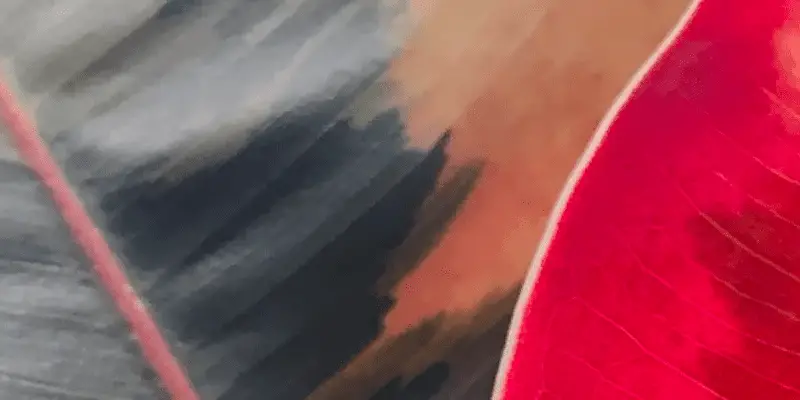
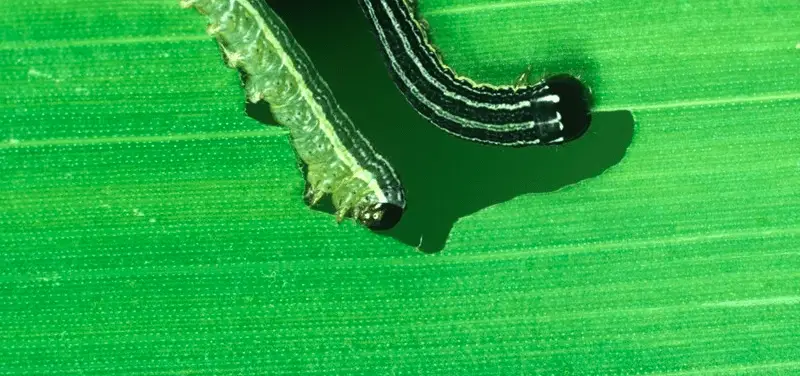
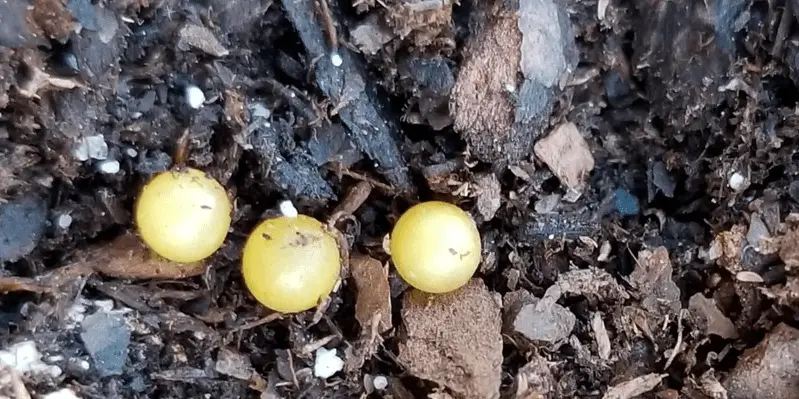
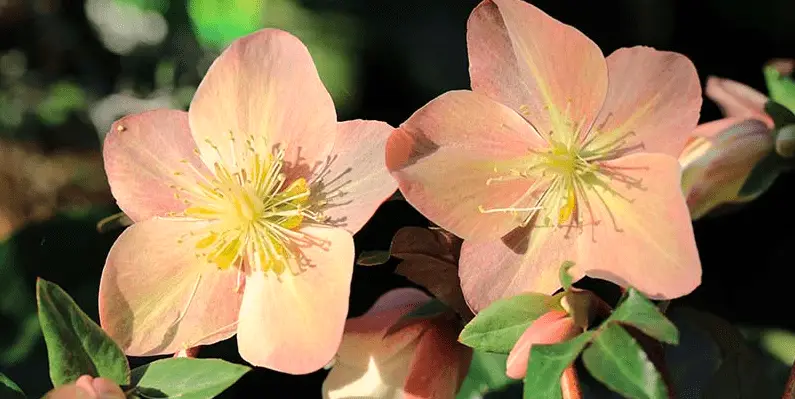
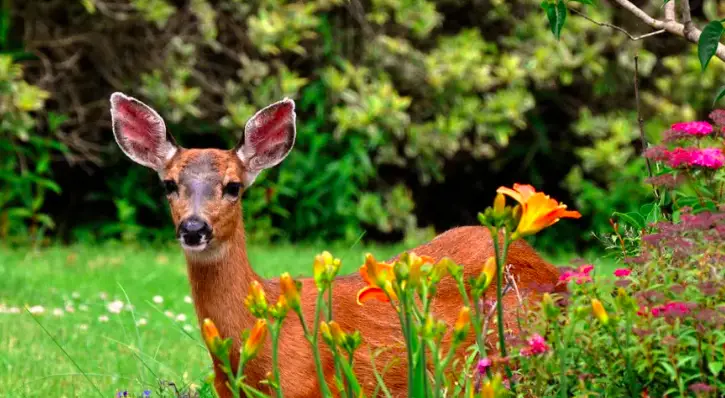
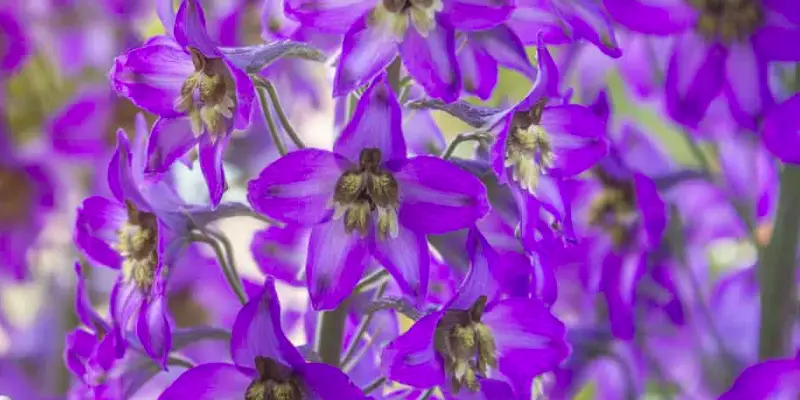
0 Comments